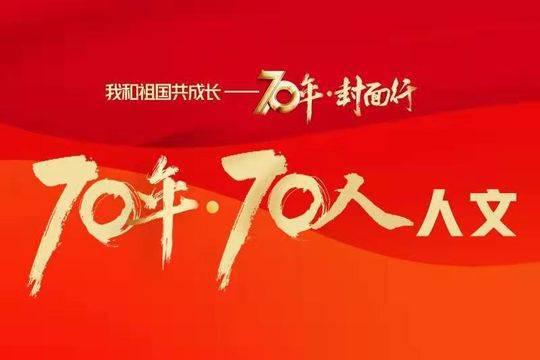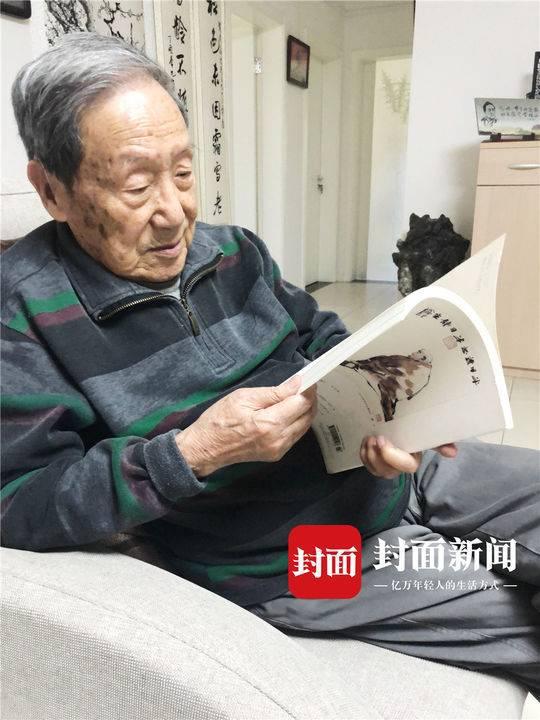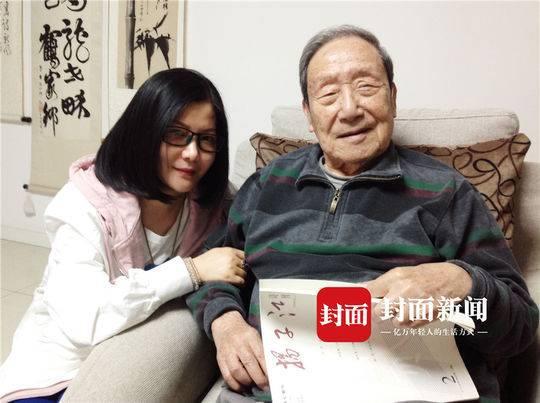03:20

Cover journalist Wang Guoping Xue Weirui Liu Qing Shi Shichen
"Don’t jump so hard,
Dust, don’t block my eyes.
I won’t let go of the loess,
Stick tightly to the heart.
I went back to Yan’ an in my dreams several times.
Put your arms around Baota shan.
Thousands of voices call for you
-Mother Yan ‘an is here! "
-Back to Yan ‘an, 1956
Yang Qingtz said that among the many creations of He Lao, "Back to Yan ‘an" is a work that the old people are satisfied with, and it is the highest peak of He Lao’s creation.
In the spring of 1956, He Jingzhi was invited to return to Yan ‘an. At this time, it has been 11 years since he left, and Yan’ an has undergone earth-shaking changes. For this reason, he wrote "Back to Yan’ an".
Back to Yan ‘an is a new poem written in the form of northern Shaanxi folk song "Journey to Heaven". After it was published in Yan ‘an River magazine, it was unanimously praised by readers and literary and art circles, and it was also selected as a middle school Chinese textbook.
For a long time before, for various reasons, He Jingzhi seldom wrote poetry. This trip to Yan ‘an allowed him to open himself again, and poetry creation entered a mature stage and a golden age.

Soon after, the editor of Beijing Daily asked He Jingzhi for a manuscript, hoping that he would write a poem for the birthday of the July 1st Party. For this reason, he also took him to Haidian Hot Spring School for inspiration. This is a very secluded place, and He Jingzhi quickly entered the creative state and wrote "Singing loudly" at one go.
He showed it to the editor in the middle, wondering if it was appropriate. The editor was very satisfied with it and immediately published it. On July 1st, Beijing Daily published the first two sections of Singing aloud, which aroused strong response from readers. He Jingzhi then wrote the next three sections, and finally published a single book "Singing aloud". This is He Jingzhi’s first long political lyric poem.
In 1963, the whole country set off an upsurge of learning Lei Feng’s spirit. He Jingzhi’s wife, Ke Yan, came to Fushun and lived in Lei Feng’s army for a month. She read Lei Feng’s handwritten diary and saw the touching scene of Fushun people’s farewell to Lei Feng. After coming back, Ke Yan told He Jingzhi what he had seen and felt, and suggested that her husband write a long poem for Lei Feng.
"Suffering Lei Feng is the white-haired girl before liberation, and the white-haired girl after liberation should be like Lei Feng." Lei Feng’s deeds greatly touched He Jingzhi, so he wrote more than 1,200 poems "Song of Lei Feng", which was published in China Youth Daily and reprinted by Beijing Daily and People’s Daily.
This long poem was impassioned, and people’s enthusiasm for learning from Lei Feng quickly became another classic of He Jingzhi, which established He Jingzhi’s position in the creation of political lyric poems.
Zhou Liangpei, a famous poet, once commented on Song of Lei Feng: "It not only marks the height of his poetry achievements, but also creates a poetic style."

Yang Qingtz and He Jingzhi.
He Jingzhi’s poems are full of feelings of the times.
He has told Yang Qingtz many times that young people nowadays must have feelings of home and country when writing poems, and must have a sunny side.
"He Lao said that it is a time of peace, and it is not necessary to write about revolutionism. It does not mean that every poem must be heroic, but the thought and content of poetry must be pure and healthy, and at the same time it must have a poetic beauty." Yang Qingtz said, "He Lao believes that poetry should not be too decadent. It is ok to have a little personal emotion, but it should not be exaggerated."
He Jingzhi said: "Poetry must have its own clean soul and a good theme."
Since he wrote a group poem "Leaping Forward" on his way to Yan ‘an at the age of sixteen, He Jingzhi has influenced several generations of China people with his unique artistic appeal. Poetry is his way of recording and praising the times.
Related reading
He Jingzhi, a 95-year-old red poet: I come from Yan ‘an and write about the times with people’s poems.
Reporting/feedback
关于作者